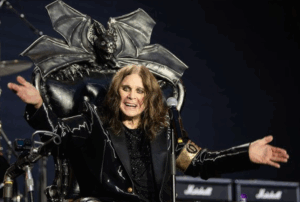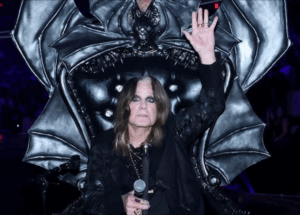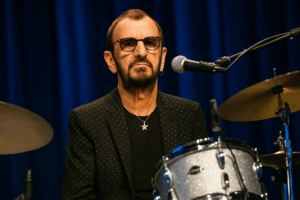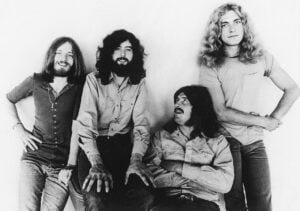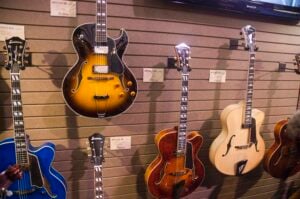When the Eagles Opened for a British Prog Rock Giant and Regretted the Experience

via James Maharaj / YouTube
Early Struggles on Stage
Even the biggest rock acts had to begin somewhere, often facing rough or mismatched shows in their early days. The Eagles were no different. Long before they became one of the most successful bands of the 1970s, they spent time working their way through the U.S. live circuit, sometimes sharing stages with bands that seemed an odd fit.
Formed in Los Angeles in early 1971 by singer-guitarist Glenn Frey and drummer-vocalist Don Henley, the Eagles came together after both had played in Linda Ronstadt’s backing group. Guitarist Bernie Leadon and bassist Randy Meisner soon completed the lineup. The group signed with Asylum Records in September 1971, releasing their debut single, Take It Easy, in May 1972, followed by their self-titled debut album a month later.
Gaining Exposure
Although their rise looked fast from the outside, it took consistent effort. After building attention at LA’s Troubadour club, the band started opening for more established acts. Some of these pairings made sense. In April 1972, for instance, they supported Joe Cocker at the Denver Coliseum.
But other bookings were less logical. One of the most unusual came when they were placed as the opening act for Jethro Tull, the British progressive rock band led by Ian Anderson, who had just topped the U.S. charts with Thick As A Brick.
View this post on Instagram
A Difficult Match
“It was due to an agent who didn’t really care whether the groups had anything in common or not,” Don Henley told Classic Rock. “He said, ‘You’re gonna open for this group called Jethro Tull, and we went, ‘Uh, OK.’”
Henley recalled how limited their setlist was at the time. “We only had one hit – Take It Easy – so we’d go out and play that and a couple of other songs. Back then there was no trying to match styles of music – they just put you out there and you had to sink or swim.”
Tull’s Audience Response
Speaking to Prog magazine in 2024, Ian Anderson remembered how the audiences reacted to the Eagles. “No one had ever heard of the Eagles at the time,” Anderson said. “They were shiny and new, which is why they wanted to do it – because it was exposure. But in the meantime, before the tour began, they had a big hit with Take It Easy, which was across the radio spectrum.”
Anderson continued, “By the time the tour began, they were becoming very well known. Though not to our audiences, because the concerts were sold out and new Eagles fans couldn’t get tickets. They didn’t enjoy the tour – they seemed rather remote. I remember them being kind of laid back, country rock music. It wasn’t really music that was gelling with our audiences, who could be rather spiky. We didn’t really talk to them. I don’t think they liked us, and we didn’t really like them that much either.”
Finding Better Fits
For Henley, the memory of those shows was clear. He described the experience of opening for Jethro Tull as “an absolute mismatch.”
Fortunately, things improved soon after. Within a month, the Eagles opened for Yes and then Procol Harum. This time, the reception was warmer and the bands treated them with kindness. “The guys in Yes were nice to us,” Henley recalled. “And Procol Harum were very kind to us. I remember their wives translating some of the reviews in German for us.”






